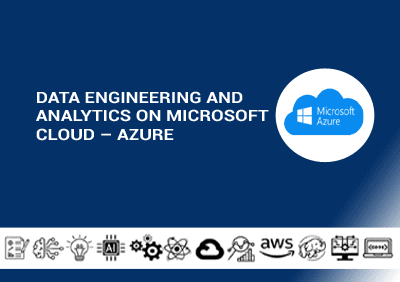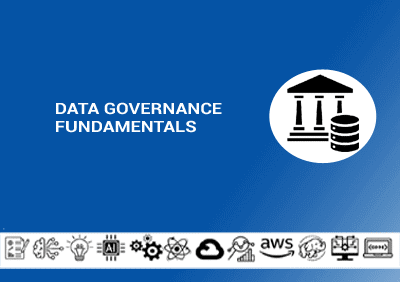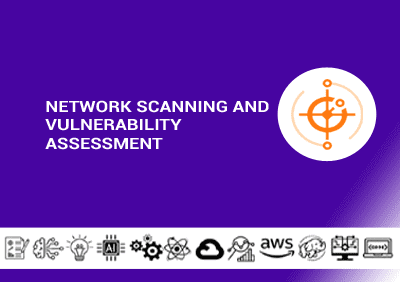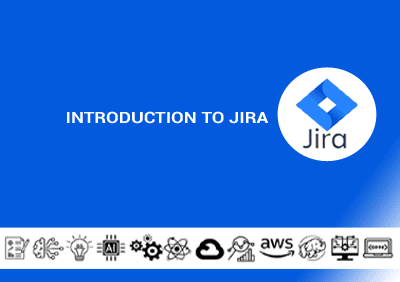- Overview
- Prerequisites
- Audience
- Curriculum
Description:
Welcome to the Sr. Site Reliability Engineering Workshop, a comprehensive 6-week hybrid program designed to equip participants with the skills and knowledge necessary to excel in the field of Site Reliability Engineering (SRE)
This Workshop takes a hybrid approach with on-demand training, live instructor training and hands-on approach as highlighted below:
| Ready | Learn | Go |
| On-demand learning with activities | Virtual Instruction Led training | Virtual Instruction Led training and Project work |
| Topics students mostly aware but given on-demand to ensure same level | Core topics taught in class and set stage for project work | Hands-on project, advanced topics training and Project demo |
| Time – 1 weeks | Time 3 weeks | Time 3 weeks |
Topics • Agile • Linux and Scripting • Networking • Python • SQL • Git • SRE Fundamentals | Topics • SRE Intermediate • DevOps • Docker • CI/CD • Kubernetes
| Topics • MongoDb • Kafka • Project Work • Office hours • Group Programming
|
Duration: 6 weeks
Couse Code: BDT371
- SRE Fundamental experience
- Two or more years technical experience
- Programming experience with Linux, Python & SQL
SRE professional with knowledge and experience of SRE and IT background who aim to become Sr. SRE professional
Course Outline:
Ready Stage 1 week
Ready Stage helps level set the audience to reinforce skills using on-demand video trainings on the following skills. The students would know most of these skills and will review or address the gaps.
- Agile
- Linux and Scripting
- Networking
- Python
- SQL
- Git
- SRE
- Fundamentals
Learn Stage 3 weeks
Learn Stage expands the skills with virtual instructor led trainings on the following skills
- SRE Intermediate
- DevOps
- Docker
- CI/CD
- Kubernetes
SRE Intermediate:
- Understand big picture organizational impact of SRE
- Why Platform Engineering is important in building consistency and predictability
- Support implementing full stack observability, distributed tracing and bring about
- an Observability-driven development culture
- Building robustness and resilience by design in a distributed, zero-trust environment.
- Testing and Optimizing performance of applications through project life cycle
- Explore monitoring opportunities and support team and development of the same
- Implementing practical Chaos Engineering.
- Organizational impact of introducing SRE. SLIs and SLOs in a distributed ecosystem and extending the usage of Error Budgets
- Understanding the SRE role and understanding why reliability is everyone’s shared responsibility.
- SRE and DevOps collaboration and overlaps
- Support design and implementation of DevOps systems using CI/CD and code collaboration
- Understand reporting and insights to better analytics to move from reactive to proactive and predictive incident management
- SRE success case studies
- Best Practices for SRE Execution model
- Perform mock project and hands-on using group programming for practical implementations
DevOps:
Introduction to DevOps
1. Introduction to DevOps
- What is DevOps?
- Goals of DevOps
- DevOps benefits
- Collaboration and Culture in DevOps
2. Version Control with Git
- Importance and need of version control
- Version Control Options
- Git Overview
- Setting up Git and repositories
- Using Git Commands
- Git workflows
3. Continuous Integration & Deployment (CI/CD)
- Introduction to CI/CD
- Continuous Integration Pipelines
- Setting up CI/CD pipeline
- Continuous Integration with tools like Jenkins & GitHub
4. Best practices in DevOps
Containerization & Orchestration:
1. Containers with Docker
- Introduction to Containers
- Docker overview
- Docker commands
- Understanding Dockerfile
- Building Docker Containers
- Using Docker compose for building & testing software.
2. Container Orchestration with Kubernetes
- Introduction to Kubernetes
- Kubernetes Architecture & Clusters
- Deploying Applications with Kubernetes
- Scaling & Load balancing with Kubernetes
- Kubernetes networking
- Service discovery in Kubernetes
- Rolling updates & rollbacks
- Service meshes
Go Stage 3 weeks
Go Stage is for application of skills and perform hands-on project work along with advanced skills training. This stage helps to combine all the skills in Ready and learn stage.
Advanced skills taught using virtual instructor led trainings on the following skills
- MongoDb
- Kafka
- Capstone project
- Group programming
Document Datastore: MongoDB
1. Working with SQL
- MongoDB Introduction
- Understanding Basics and CRUD operations
- Structuring Documents
- Create Operations
- Read Operations on Collections
- Updating Documents
- Deleting Documents
- Working with Indexes
- Working with different data types
- Using MongoDB Compass to explore data visually.
Apache Kafka Event Streaming
1. Understanding Apache Kafka Streams
- Understanding different ways of using Apache Kafka
- Working with Kafka Streams
- Operators in Kafka streams using KStream API
- Serialization & Deserialization in KStreams
2. KTable & Global KTable
- What is KTable?
- What is a Global KTable?
- Building a topology for KTable
2. Stateful operations in KStreams
- Aggregation and how it works?
- Using count, reduce and aggregate.
- Performing KStream Joins
Capstone Project & Use Case
- Perform Capstone project to apply several of the skills developed during this workshop
- Complete projects to get experience and practice.
- Industry Use Case Studies
- Best Practices for successful SRE organization
Certification
- Certification Overview
- Identify the right certification for you.
- Tips to prepare for certification.




